Random Free Articles
- Unlocking the Essence of Dang Jin
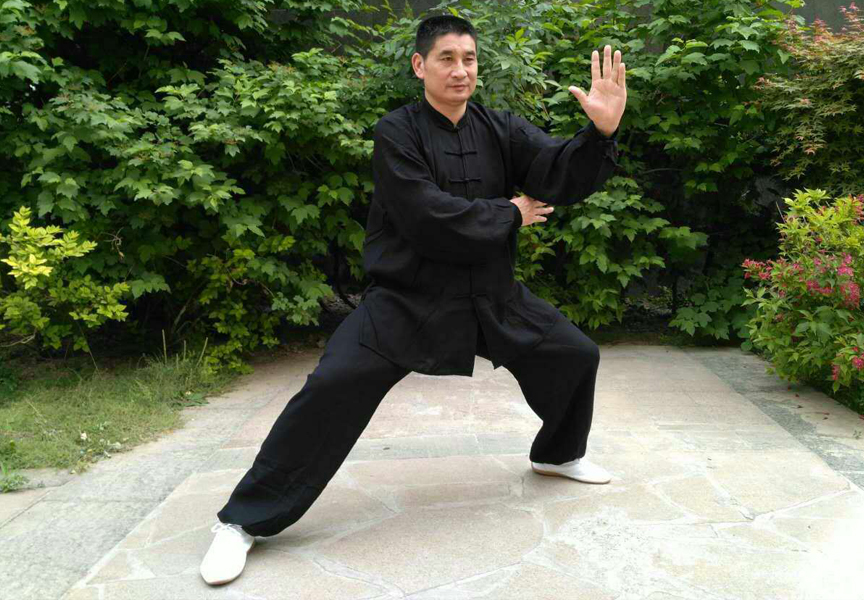
A Journey of Balance and Harmony Shaolin Rou Quan [Chin.: Shàolín róu quán 少林柔拳], often referred as Shaolin Rou Gong [Chin.: Shàolín róu Gōng 少林柔功], is a Chinese martial art that has captured the imagination of people around the world for centuries. Rooted in ancient philosophy and imbued with the principles of balance, harmony, and the interplay of opposites, Shaolin Rou Quan offers practitioners a path to physical…
- Chinese Kung Fu Weapons
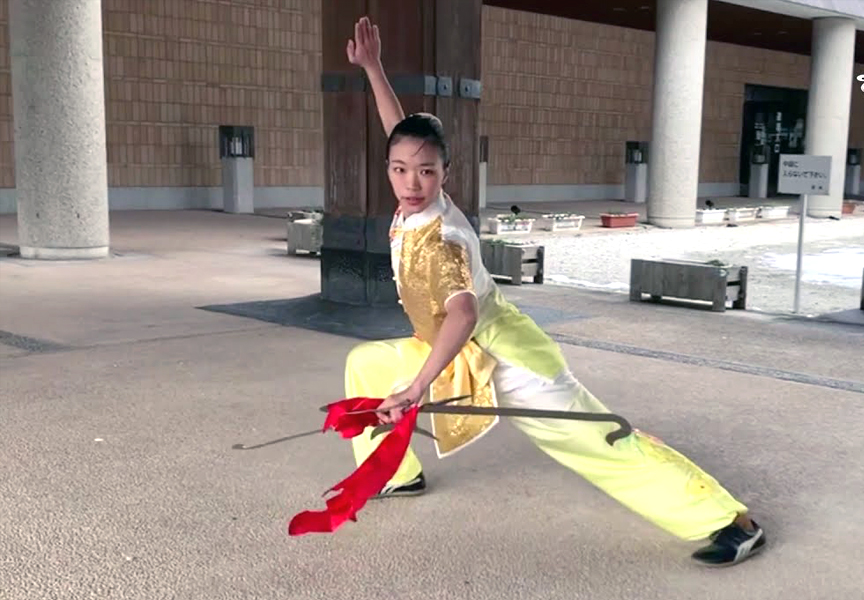
A Storied Legacy of Martial Mastery Chinese martial arts, with their rich history and diverse forms, have captivated enthusiasts around the world. Among the many facets of this ancient tradition, the array of weapons used in Chinese Kung Fu stands out as a testament to the art's depth and complexity. These weapons can be broadly categorized into long weapons, short weapons, and concealed weapons, each with its unique characteristics and…
- Shaolin's Chain Fist
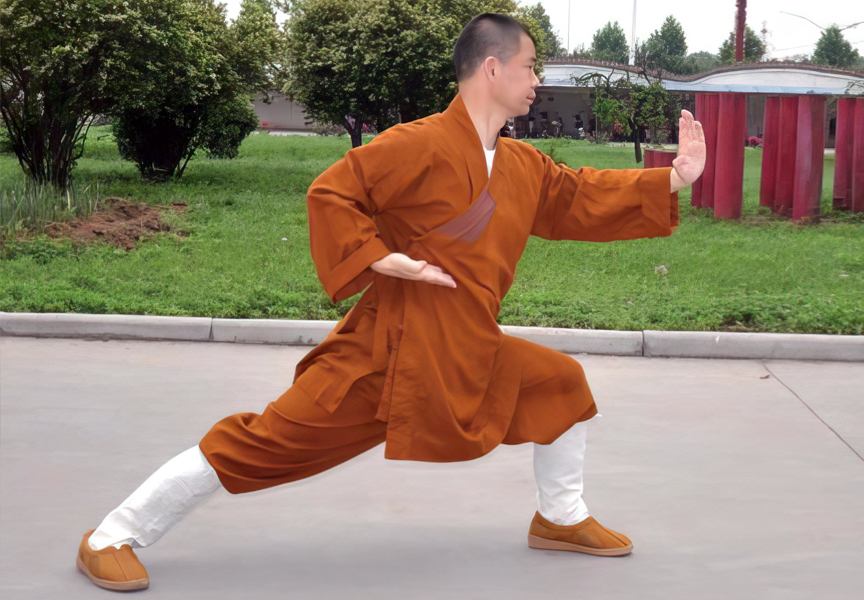
Unraveling the Mysteries of Shaolin's Chain Fist In the vast realm of Shaolin Wu Gong, the Lián Huán form [Chin.: liánhuánquán 连环拳], meaning "Chain Fist," stands as a fundamental practice that follows the mastery of the 5 Technique Fist [Chin.: wǔbùquán 五步拳]. This compact form, though small in appearance, carries immense significance in the Shaolin tradition. Characterized by simple yet powerful movements,…
- The Erosion Of Tradition in Martial Arts
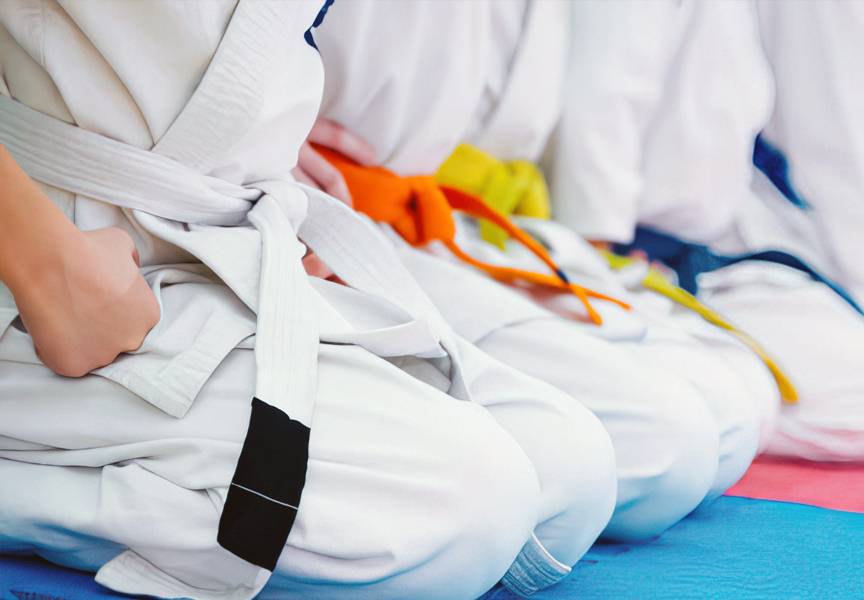
How Competitive Sports Dilute Traditional Martial Arts In the world of martial arts, tradition is more than just a concept; it's the soul that breathes life into these ancient disciplines. Rooted in centuries of history, traditional martial arts have long been revered for their holistic approach to self-defense, personal development, and cultural preservation. However, in recent times, a noticeable shift has occurred as many traditional…
- How to practice Shaolin Rouquan well
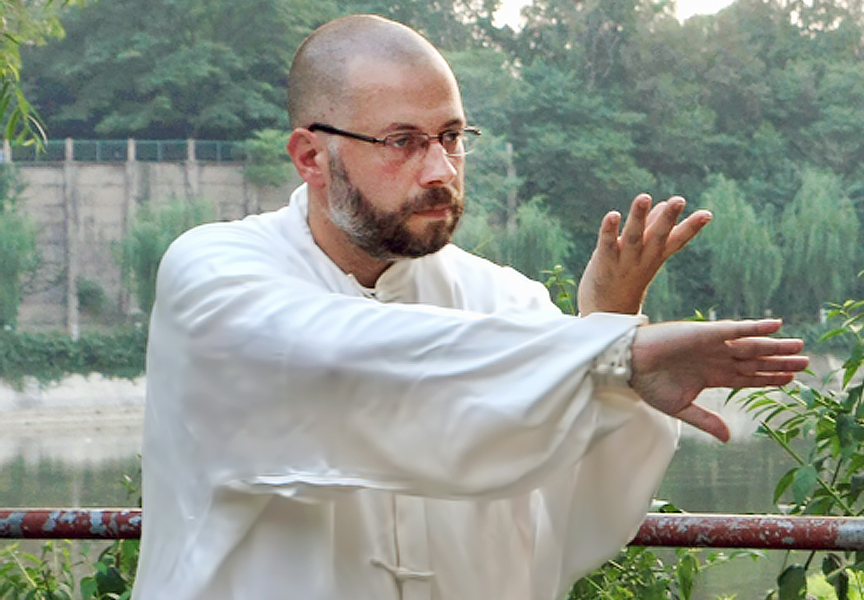
A Guide to Mastering the Art Shaolin Rou Quan [Chin.: Shàolín róu quán 少林柔拳], is an ancient martial art, heritage of the Shaolin Temple that has gained worldwide popularity for its numerous health benefits and graceful, flowing movements. The practice of Shaolin Rou Quan goes far beyond the superficial appearance of slow, rhythmic exercise; it is a deeply rooted tradition with profound physical and mental advantages. In this…
